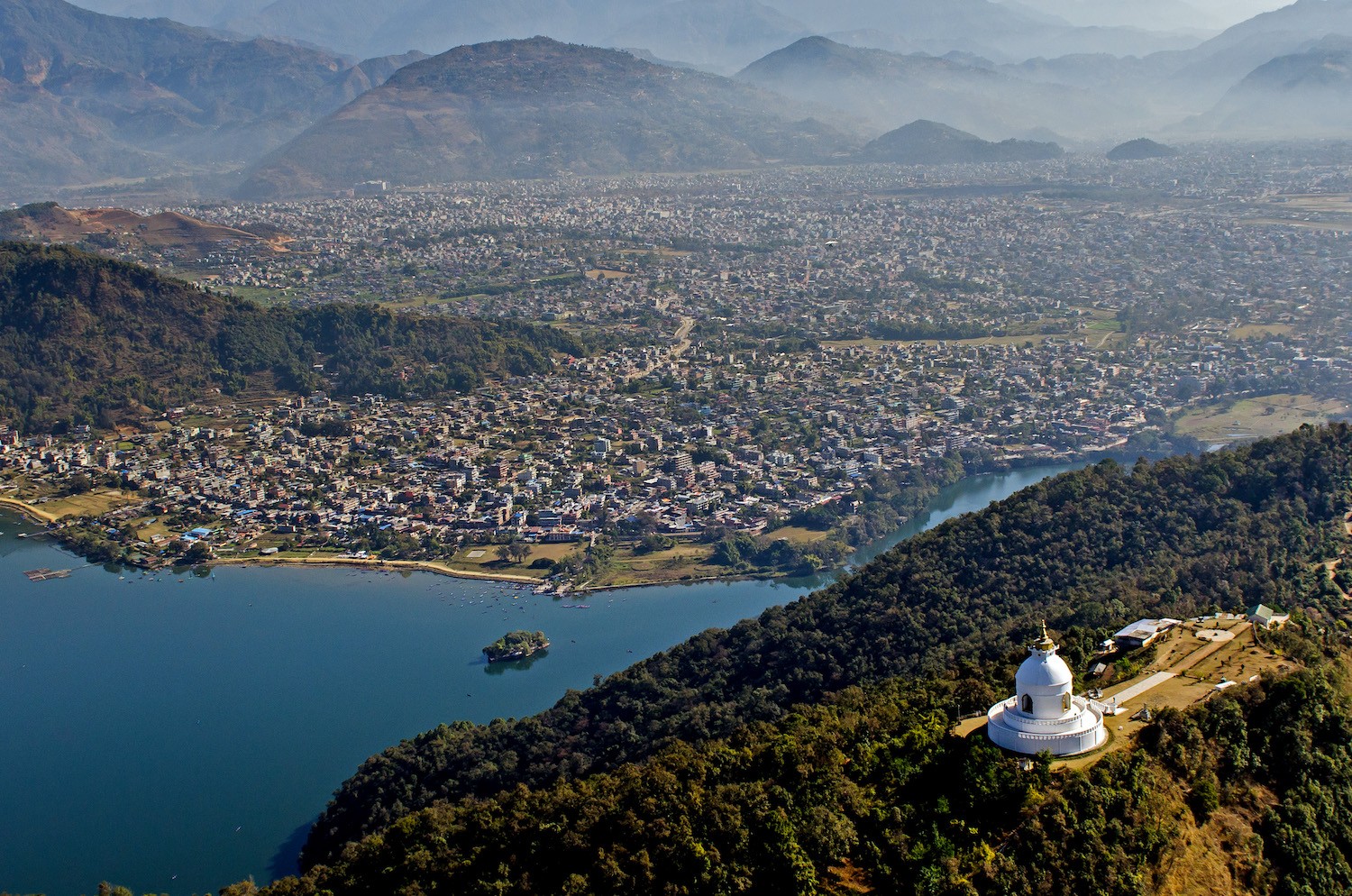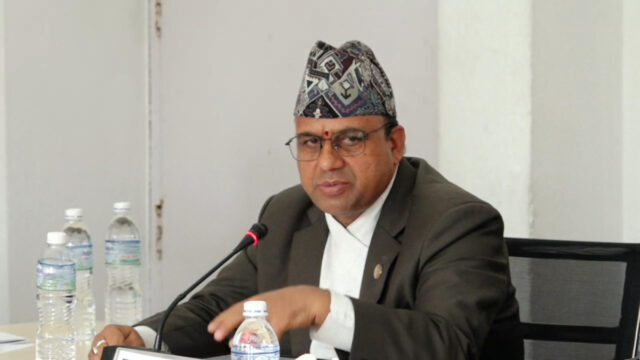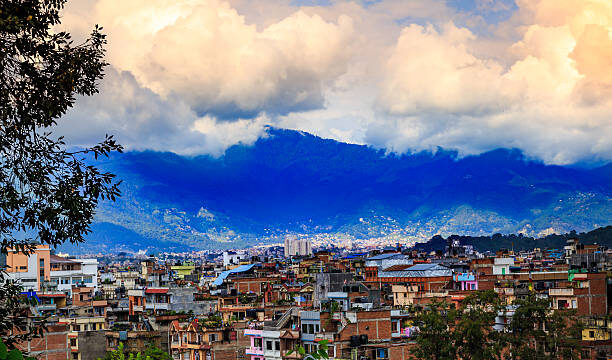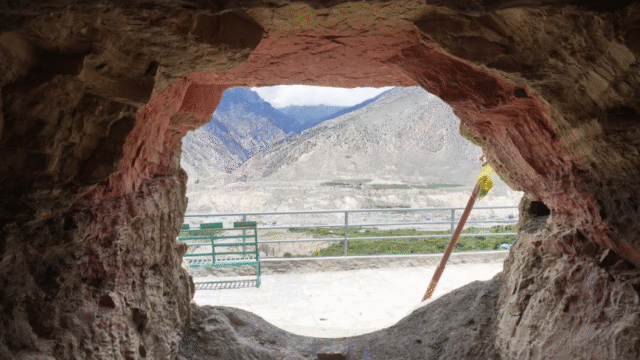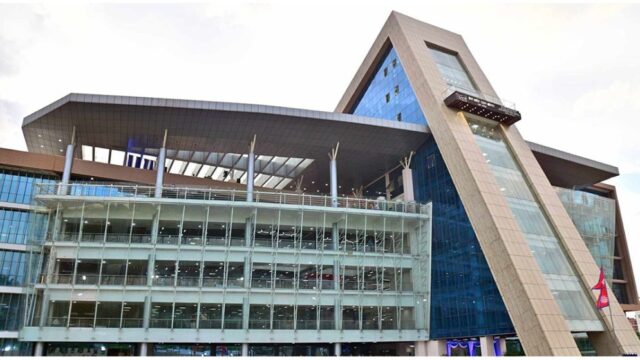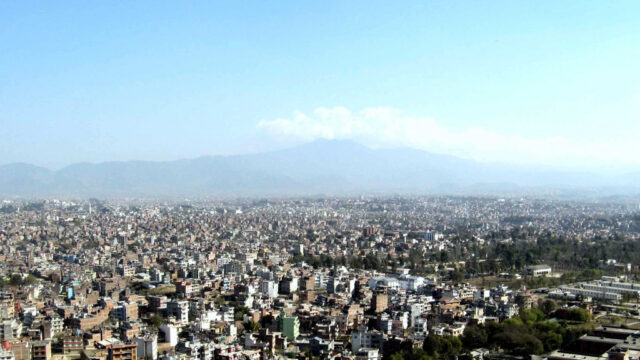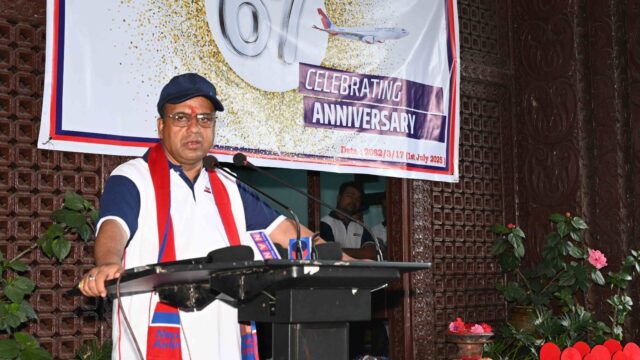In a significant move to boost tourism, Pokhara Metropolitan City has announced the preparation of an “Integrated Strategic Action Plan for Tourism Capital Pokhara.”
Mayor Dhan Raj Acharya presented the annual policy and program for the fiscal year 2081/82, outlining the city’s commitment to systematic development. This plan will be implemented in coordination with federal, provincial, and other stakeholders.
As part of the strategy, the city will launch the “One Ward, One Unique Program” campaign, aiming to identify and utilize the potential of all 33 wards.
The policy includes organizing investment meetings to encourage domestic and foreign investors by implementing necessary policy and procedural reforms for tourism infrastructure. The city plans to declare 2025 as “Visit Pokhara Year 2025,” targeting at least 1.5 million tourists with the campaign “Pokhara for All Seasons.”
The plan emphasizes creating and promoting profiles for Pokhara’s tourist destinations. Coordination with neighboring municipalities will be prioritized to develop and promote key destinations. The policy aims to maximize digital media for tourism promotion.
Key infrastructure projects include constructing the “Liberation Zone Gateway” with Shaligram in Simpani, developing “Fewa Beach” at Harpankhola and Fewa Lake, and pedestrianizing roads from Sahid Chowk to Hallan Chowk and Siddhartha Chowk to Bindhyabasini.
Based on the Pokhara Tourism Study Committee report, the city will identify immediate, short-term, and long-term activities focusing on policy reforms, infrastructure construction, and enhancing the private sector’s capacity and accountability.
Coordination with the Nepal Trust Office will manage and promote Ratna Mandir, transforming it into a “Palace Museum.”
The city will promote traditional local products like rice, sugarcane, honey, and coffee. Fruit farming, including oranges, lemons, macadamia nuts, and avocados, will be expanded in partnership with the Hill Area Wood Fruit and Fruit Development Project.
Under the “Sustainable Agriculture Foundation: Expansion of Organic Farming” campaign, organic pocket areas will be declared, and urban agriculture will be promoted. A voucher system for agricultural subsidies will be implemented.
The feasibility of alternative crops in monkey-affected areas will be studied, promoting less attractive crops. Coordination with federal and provincial governments for monkey management initiatives will also be pursued.
The “Make in Pokhara, Made in Pokhara” initiative will develop, expand, and promote local products. Cooperative governance issues will be addressed through policy reforms, monitoring, and legal action, including reviving ailing cooperative institutions.
Strategic development projects will continue in collaboration with international development partners like the World Bank, Asian Development Bank, JICA, KOICA, UNDP, and USAID.
A “Clean City, Green City” project blueprint will develop Pokhara into a clean, green, and beautiful city. Initiatives like enterprise clinics, career counseling, employment fairs, and startup incentives have created over 1,000 professional and skill development training opportunities.
Efforts to combat corruption will include implementing codes of conduct, maximizing technology use, monitoring, awareness campaigns, and ensuring transparency in procurement and service delivery. Public expenditure management will align with legal standards to reduce unaccounted expenses and improve revenue operations using GIS tracking systems.
Projects and programs will focus on raising the standard of living, involving local residents, and utilizing local resources and skills. Employment-linked development spending and capacity development of the judicial committee will be prioritized.
A disaster management center will be established at the former Lekhnath Municipality office with the help of the Asian Development Bank.
An International Relations and Coordination Bureau will enhance ties with sister cities and facilitate exchanges among youth, entrepreneurs, artists, and other professionals.
Pokhara will be developed as a hub for adventure sports and sports tourism in coordination with federal and provincial governments and development partners.
Life skills education focusing on discipline, ethics, and good conduct will be integrated into local curricula. Regular “Entrepreneurship Development and Career Counseling Programs” will be conducted for secondary students.
Trekking routes like the Royal Trek, “Lake to Lake,” “Cave to Cave,” and “Kot to Kot” will be promoted. The old municipal office near Shobha Bhagwati temple will be transformed into a Pokhara Memorial Museum.
Health initiatives include the “Health Services at Your Doorstep, Support for the Elderly” program, offering free health check-ups at home for chronic patients, disabled individuals, and senior citizens over 70. The “Clean Pokhara, Healthy Pokhreli” campaign will engage participants from children to the elderly. The city aims to foster Pokhara as a “City of Integrity, Morality, and Discipline.”
Through these strategies and initiatives, Pokhara aims to cement its status as Nepal’s tourism capital, ensuring sustainable development and prosperity for residents and visitors alike.
